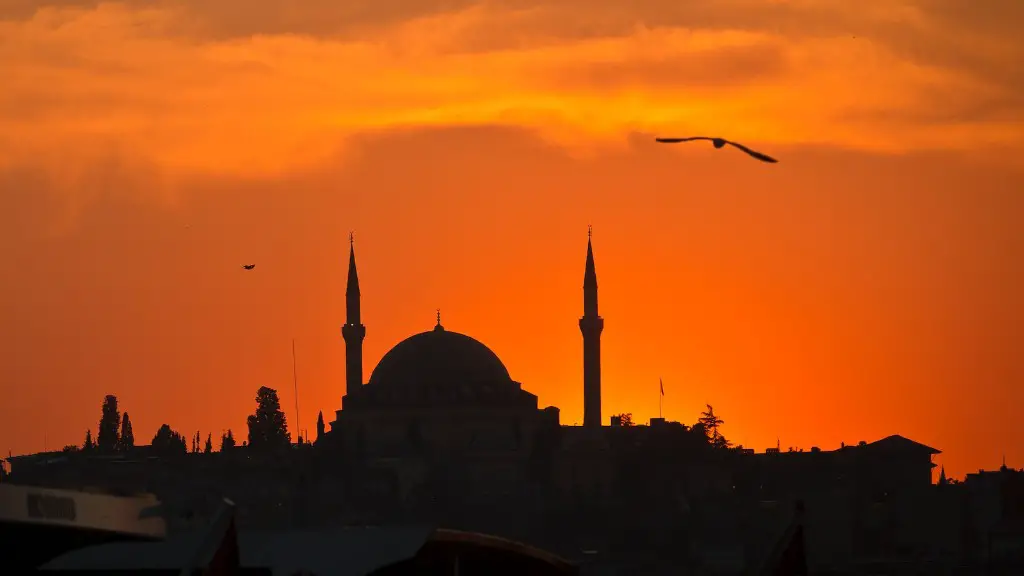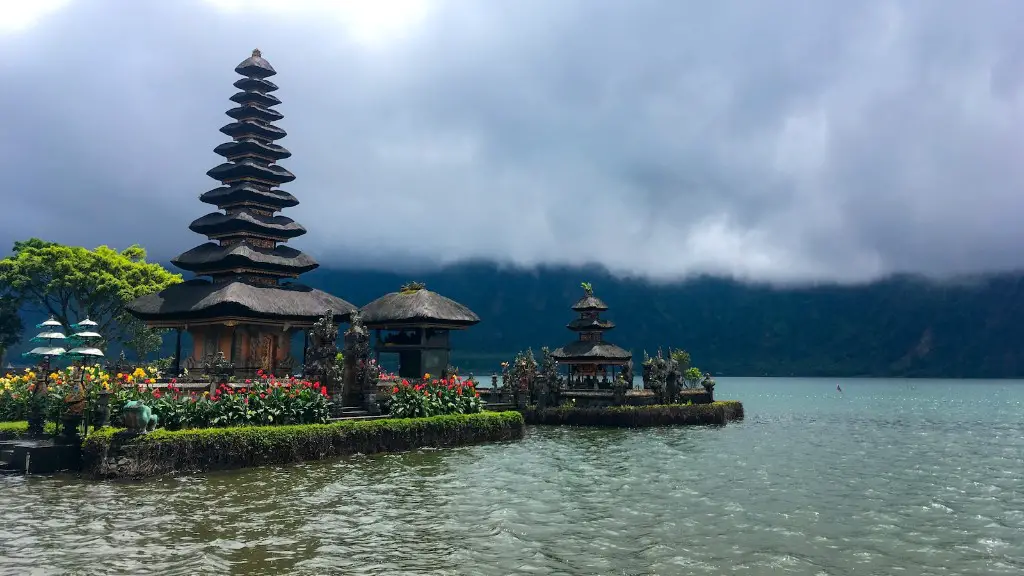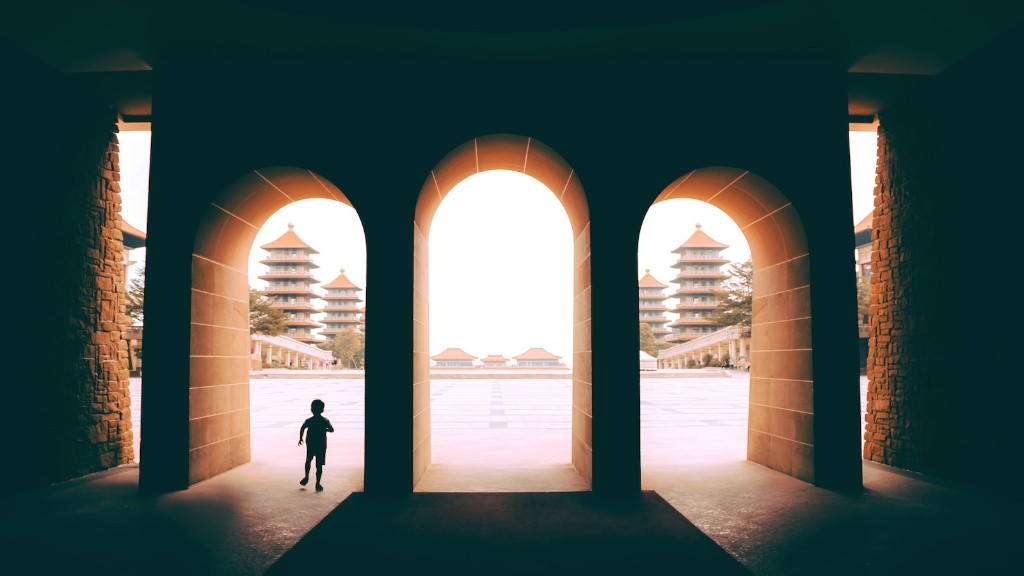Islam is a monotheistic religion that emerged in the 7th century CE. Islam, which literally means “submission” or “surrender,” was founded on the teachings of the Prophet Muhammad. Muhammad was born in Mecca in Arabia in approximately 570 CE, and his message gradually spread throughout the Arabian Peninsula. By the time of his death in 632 CE, a significant portion of the Arabian Peninsula had converted to Islam.
Islam continued to spread beyond Arabia, and within a century of Muhammad’s death, it had reached as far as Spain and India. One of the factors that facilitated this spread was the openness of Islam to people of different cultures and backgrounds. Unlike Christianity, which was largely confined to the Judeo-Christian tradition, Islam was open to people of all cultures and religions. This openness was one of the appealing aspects of Islam for many people, and it played a role in the spread of the religion throughout the world.
Africa is a Continent with a long history of Islam. It is estimated that Islam first came to Africa in the 7th century, just a few years after the death of the Prophet Muhammad. Islam quickly spread throughout North Africa, and by the 10th century, it had reached as far south as Nigeria.
There are a number of ways in which African culture has influenced Islam. One of the most significant ways is through the spread of the religion. Islam has a long history in Africa, with some of the first converts being in Egypt in the seventh century CE. Since then, Islam has spread throughout the continent and is now the largest religion in Africa.
African culture has also influenced the way Islam is practiced. For example, many African Muslims practice Islam in a more syncretic way, blending aspects of their traditional beliefs with Islamic beliefs and practices. This can be seen in the way some African Muslims use animistic rituals to achieve specific goals, such as healing the sick or protecting their crops from pests.
African culture has also had an impact on Islamic art and architecture. For example, the Great Mosque of Djenne in Mali is a notable example of African-inspired Islamic architecture. Additionally, African Muslims have created their own unique form of Islamic calligraphy known as Kufic.
How did Islam influence Africa?
Islam played an important role in promoting trade between West Africa and the Mediterranean. The religion developed and widened the trans-Saharan Caravan trade, which enriched both the West African and Muslim traders. Muslims from North Africa came in their numbers and settled in the commercial centres, further promoting trade and economic growth.
Islam facilitated long distance trade by offering useful sets of tools for merchants including contract law, credit, and information networks. Muslim merchant-scholars also played an important role in non-Muslim kingdoms as advisors and scribes in Ghana. This helped to create a more stable and prosperous environment for trade to flourish.
What is the relationship between African traditional religion and Islam
While there is no denying that Islam has had a significant impact on Africa and its people, it is important to remember that African traditional religion predates Islam by centuries. In fact, many scholars believe that Islam has been heavily influenced by African traditional religion – especially in terms of its cosmology and beliefs about the divine. This is not to say that Islam is not a valid religion in its own right, but simply that it has been deeply shaped by its African context.
Some African societies were matrilineal, and these changed to a patrilineal system. More superficial changes included the changing of names to those favoured by Muslims. Often such names were adapted to suit African languages, for example, Muhammad became Mamadu and Ali was Africanized to Aliyu.
What factors led to the spread of Islam?
Islam spread through military conquest, trade, pilgrimage, and missionaries Arab Muslim forces conquered vast territories and built imperial structures over time. The religion of Islam helped to unify these disparate lands under a common banner, and the spread of the faith facilitated further economic and cultural exchange between different regions. Over time, the Arab Muslim world came to be seen as a major center of learning and culture, and the faith continued to spread through trade and pilgrimage. Missionaries also played a role in bringing Islam to new areas, and the religion eventually spread to all corners of the world.
The spread of Islam in North Africa came with the expansion of Arab empire under Caliph Umar, through the Sinai Peninsula. The spread of Islam in West Africa was through Islamic traders and sailors. The religion had also began influencing Harla Kingdom in the Horn of Africa early on.
In which African empires was Islam an important religion?
Islam played an important role in both the Empire of Mali and the Songhai Empire. Perhaps the most famous Muslim of Central Africa was the Mali Emperor Mansa Musa. After Mansa Musa was converted to Islam, he made a legendary pilgrimage to Mecca (in Saudi Arabia).
RELIGION IN MOST AFRICAN SOCIETIES ALSO SUPPORTS MORAL ORDER
Religion plays an important role in most African societies, providing a sense of order and stability in the community. Followers believe in the guidance of their ancestors’ spirits, and there are spiritual leaders or priests who act as advisers and counselors in traditional African religions. This moral order is an essential part of African culture, and it helps to maintain social harmony and peace in the community.
What influenced Islam
Islamic philosophy was heavily influenced by the thinking of Socrates, Plato, and Aristotle. Muslim philosophers such as Ibn Khaldun and Ibn Sina built on this foundation to create a rich tradition of Islamic philosophy.
Islam began to gain momentum in West Africa during the 10th century with the start of the Almoravid dynasty movement. This movement caused many rulers and kings to embrace Islam, which then slowly began to spread throughout the continent. Trade and preaching were two of the main ways that Islam was able to spread so far and wide.
When did Islam spread to Africa?
Islam is a religion that was first introduced to the continent of Africa in the 600s and 700s. It was brought to North Africa by conquering armies and to the East African coast by traders and merchants. West Africa did not encounter Islam until about 800, and the religion spread more slowly there than in the eastern part of the continent.
It is not uncommon for African people to combine the practice of their traditional beliefs with the practice of Abrahamic religions. This is because these two religions are widespread across Africa, though they are mostly concentrated in different areas. For example, Christianity is mostly concentrated in the north and west of Africa, while Islam is mostly concentrated in the east and south.
What was Africa’s first religion
Christianity and Islam are both deeply entrenched in the history of Africa. Christianity came first to the continent in the 1st or early 2nd century AD, and Islam appeared in the 7th century. Both religions have been present in Africa for over 1,300 years and have had a profound impact on the continent’s cultures and societies.
Though there are many similarities between traditional African religion and Christianity, there are also some key differences. For one, traditional African religion typically has a more organized set of practices. Both religions believe that God reveals Himself to people through dreams, prophecies, and other special events, but Christianity typically has a more formalized set of beliefs and practices. Additionally, while both religions believe in a supreme God, Christianity typically views God as a more distant and removed figure, while traditional African religion often views God as more intimately involved in the lives of believers. Finally, while both religions believe in life after death, Christianity typically envisions a more heavenly and glorious afterlife, while traditional African religion often emphasizes reincarnation and a closer connection to the natural world.
Who is God in African traditional religion?
African peoples generally believe that God is an all-pervading reality, but they do not consider him to be a man. In order to express certain concepts, they employ languages and images about God as an aid to their conceptualization of him. They confess to knowing little or nothing about him, but they believe that he is experienced as an all-pervading reality.
Early Islamic architecture was strongly influenced by the architecture of the Byzantine Empire, the Persian Empire, and all other lands which the Muslims conquered in the 7th and 8th centuries. Further east, Islamic architecture was also influenced by Chinese and Indian architecture as Islam spread to Southeast Asia.
Conclusion
African culture has had a significant influence on the development of Islam. For instance, many of the early followers of Islam were of African descent, and the religion quickly spread across the African continent. African Muslims have also played an important role in the development of Islamic thought and culture. For example, the great Muslim scholar Ibn Rushd, who was of African descent, made significant contributions to the field of Islamic philosophy. In recent years, African Muslims have been at the forefront of the global Islamic revival, and their impact on the Islamic world is likely to continue to grow in the years to come.
The influence of African culture on Islam is evident in many aspects of the religion. From the music and poetry to the food and architecture, the impact of Africa can be seen throughout the Islamic world. This cultural exchange has been a crucial part of the spread of Islam, and has helped to create a rich and diverse religious tradition.



